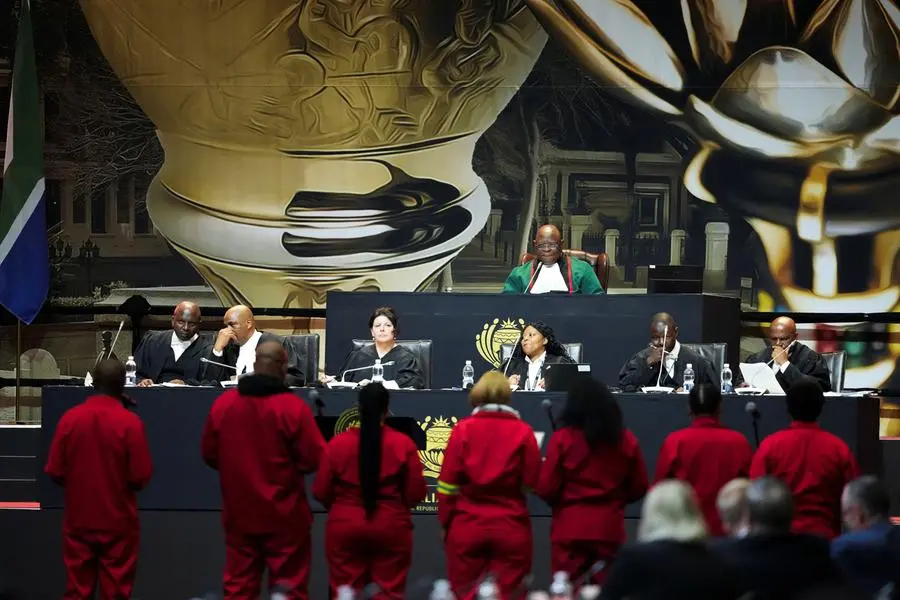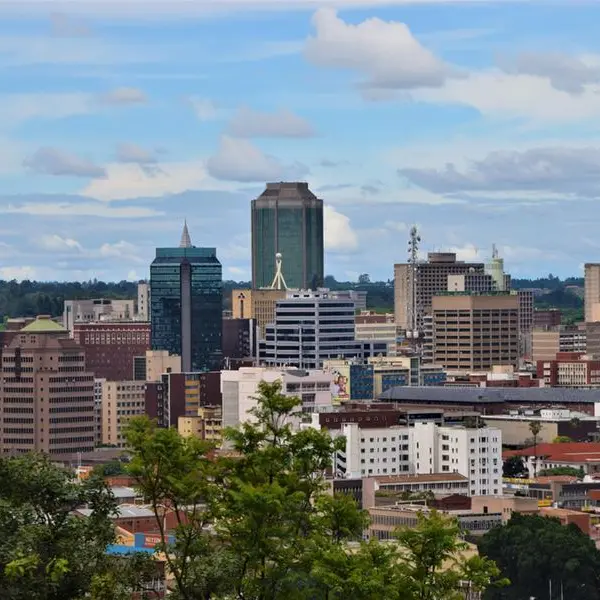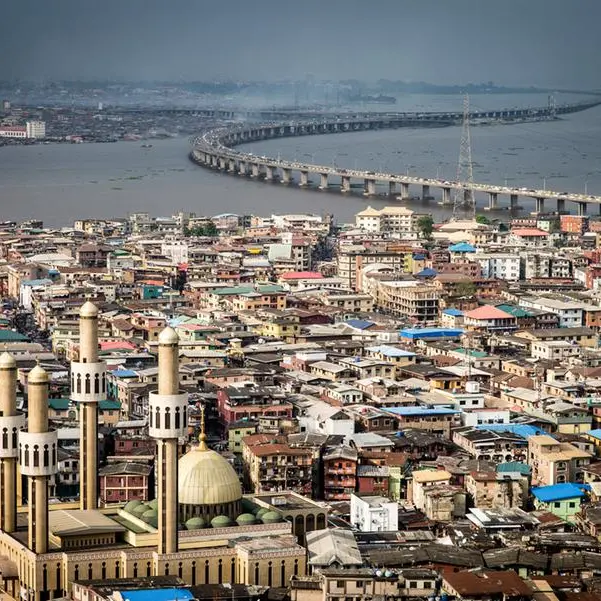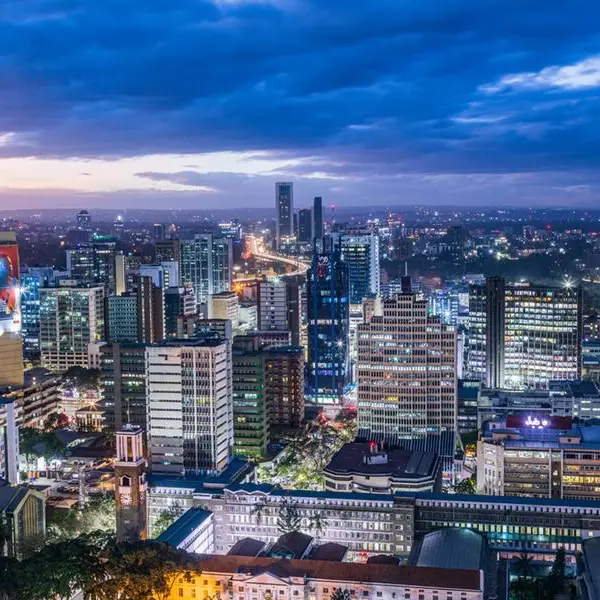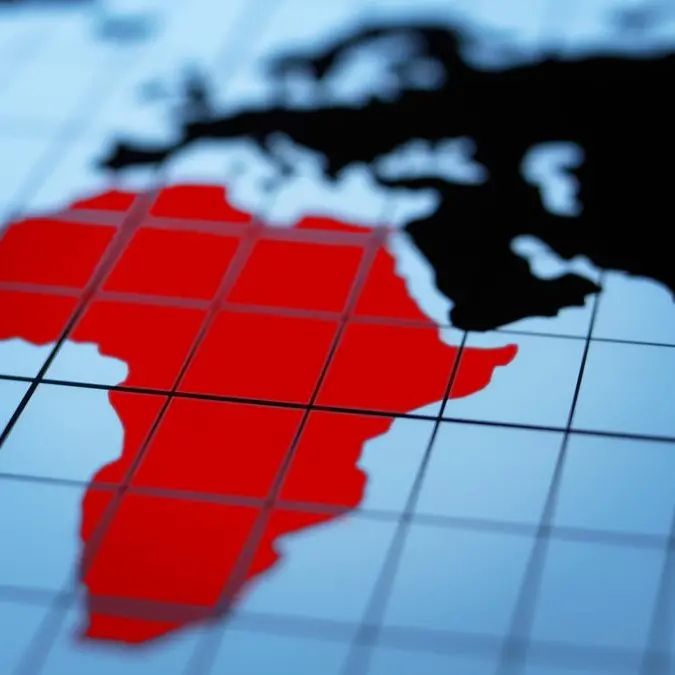PHOTO
South Africa's newly elected parliament convened on Friday to choose the country's next president with the public still in the dark about which parties will join the African National Congress in government and the policies they will pursue.
The ANC, which has been in power since the 1994 elections that marked the end of apartheid, lost its majority for the first time in a May 29 vote and has been trying to put together a broad-based government of national unity.
President Cyril Ramaphosa, the ANC leader, is likely to win a new term in office as the party has the largest number of seats, but he may have to make significant policy concessions to political adversaries.
Chief Justice Raymond Zondo formally opened the new session of parliament at 10:00 a.m. (0800 GMT) and the process of swearing in lawmakers began. The lawmakers - meeting in a Cape Town convention centre as the parliament complex was damaged by fire in 2022 - were due later to elect the parliamentary speaker, the deputy speaker and the country's president.
As of Thursday night, the ANC said other parties including the pro-business Democratic Alliance, its largest rival, had agreed to take part but a precise deal had yet to be nailed down.
Helen Zille, one of the senior DA officials on the party's negotiating team, said on Friday morning details were still being ironed out and DA lawmakers would support Ramaphosa for president "if the deal is signed".
"We are going to have to work until the very last minute to get an agreement in place," she told public broadcaster SABC.
The ANC won 159 out of 400 seats in the National Assembly while the DA got 87. The populist uMkhonto we Sizwe (MK) party led by former President Jacob Zuma has 58, the hard-left Economic Freedom Fighters 39 and the socially conservative Inkatha Freedom Party 17.
ANC'S DILEMMA
The ANC's central dilemma since the election has been whether to work with the DA, which investors like because of its free-market policies but is unpopular with ANC voters who see it as a defender of the privileged white minority's interests.
Analysts say the inclusion of the IFP, with its ethnic Zulu base, may help sweeten the DA pill for ANC voters.
A deal with the EFF, which advocates seizing land from white farmers and nationalising banks and mines, would potentially have been more popular with grassroots ANC supporters, but carried the risk of spooking financial markets and big business.
Shortly before the parliamentary session began, the EFF and an alliance of like-minded smaller parties said they were willing to negotiate with the ANC. The EFF has described the DA as its enemy and said it would not work with that party.
"Our offer still stands, that we can constitute parliament and elect presiding officers and also elect a president, as long as we exclude these other forces that represent colonialism and apartheid," EFF Deputy President Floyd Shivambu told reporters.
Zuma's MK party, a new entrant on the political scene that came a surprisingly strong third in the election, has nevertheless alleged it was deprived of victory by vote-rigging and has said it would boycott the new parliament.
The Constitutional Court, South Africa's top court, dismissed MK's application to stop parliament from sitting on grounds of electoral fraud as without merit. The Independent Electoral Commission said the election was free and fair and other parties have not contested the results. (Additional reporting by Nellie Peyton, Tannur Anders and Sfundo Parakozov; Writing by Estelle Shirbon Editing by Gareth Jones)
